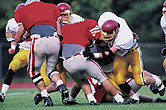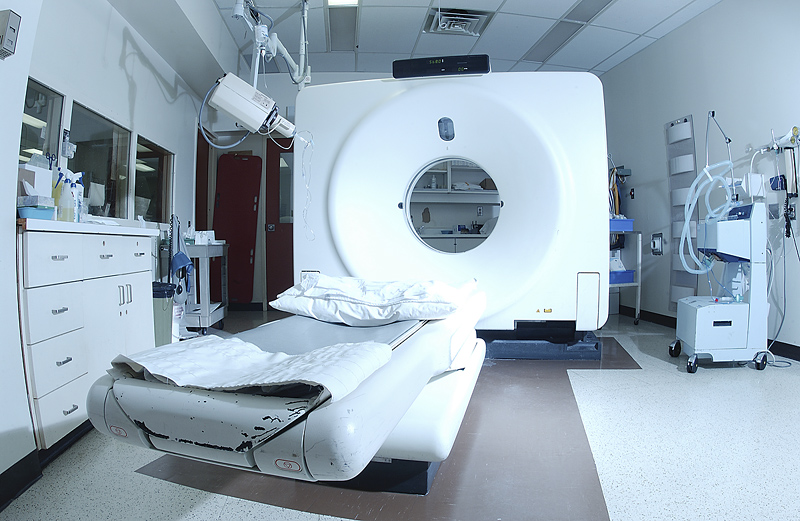
THURSDAY, May 15, 2014 (HealthDay News) — The rate of concussions in U.S. high school athletes more than doubled between 2005 and 2012, new research shows.
The trend probably reflects an increased awareness and more legislation governing concussions in student athletes, and not more danger in sports, the study authors noted.
“The bottom line is that rates have gone up,” said lead researcher Dr. Joseph Rosenthal, an assistant professor of physical medicine and rehabilitation at Ohio State University. “We don’t know the exact reason. This was an observational study, so I can’t say for sure, but I believe what is explaining the increase is the increased awareness, not that sports are more dangerous. It’s just that the concussions are being recognized more, which is good news.”
The study was published recently in The American Journal of Sports Medicine.
Concussions are usually due to a blow to the head, often in sports such as football or ice hockey, but they also occur in other sports.
The researchers analyzed data from a sample of 100 U.S. high schools that have one or more certified athletic trainers on staff.
Rosenthal’s team found that the concussion rate increased from 0.23 to 0.51 concussions for every 1,000 athlete exposures. An athletic exposure is defined as a single athlete participating in one competition or a practice.
From 2005 through 2012, just over 4,000 concussions occurred in seven sports. These included football, soccer, volleyball, basketball, wrestling, baseball and softball.
Five of those sports had increases that were statistically significant. These included football, boys’ basketball, boys’ wrestling, boys’ baseball and girls’ softball. High school football had the highest rates of concussion, according to the study.
Increased awareness is probably behind the higher numbers, agreed Steven Broglio, an athletic trainer and director of the Neurosport Research Lab, at the University of Michigan in Ann Arbor. He is also chair of the National Athletic Trainers’ Association position statement on the management of sport-related concussion.
“I’m not entirely surprised at this uptick,” said Broglio. More concussions are being recognized due to a number of factors, including increased media coverage on the dangers of concussions and position statements about concussion management from organizations such as his, he added.
Another recent study suggested that awareness about the dangers of concussions is higher. Researchers from Children’s Hospital Colorado tracked the compliance of high school athletes who suffered from concussions and how well they followed the return-to-play guidelines.
The researchers found that half of the athletes they tracked were compliant in 2007, but by 2013, 80 percent were. Those findings were presented at the recent annual meeting of the American Society for Sports Medicine in New Orleans.
All 50 states and the District of Columbia have some kind of law designed to protect young athletes from returning to play too soon after a concussion. Experts agree that children who have a concussion need evaluation by a health care professional and need to be cleared before they can return to sports.
More information
To learn more about concussions, visit U.S. National Institutes of Health.
Copyright © 2026 HealthDay. All rights reserved.

